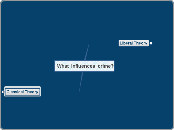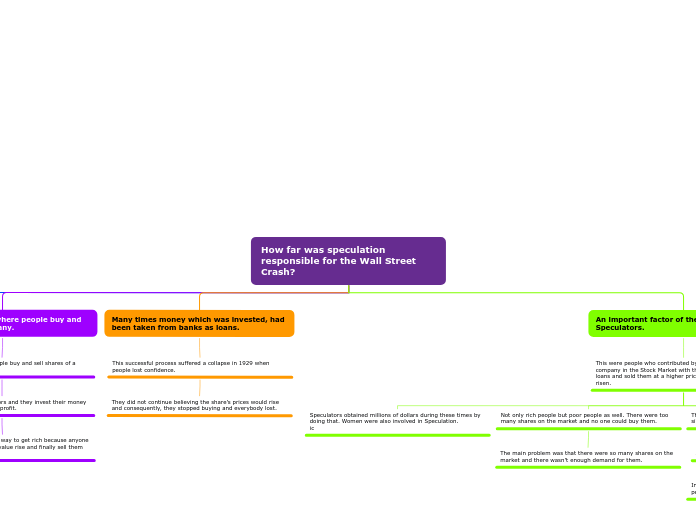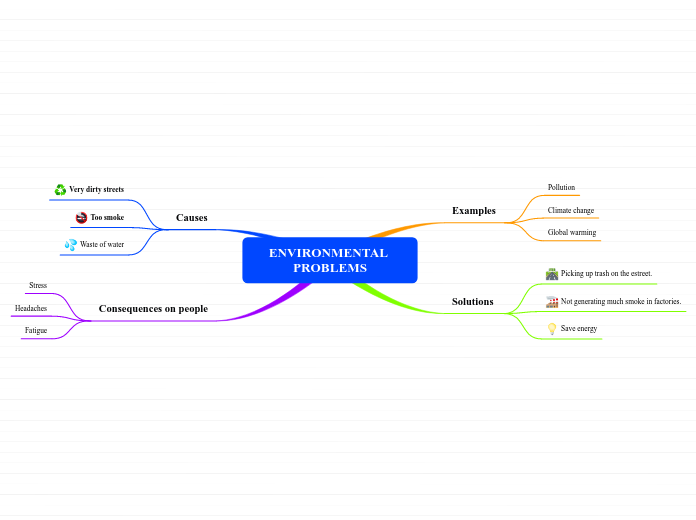Depression
Detailed breakdown
Suggest engaging in activities that bring joy and pleasure to counter depressive symptoms
Encourage individuals to reach out to mental health professionals for guidance and treatment
or mindfulness
hobbies
Explore various self-care activities like relaxation techniques
or therapists
family
Discuss the importance of having a network of supportive friends
Discuss the importance of a balanced diet in managing depressive symptoms
Explain the positive impact of physical activity on mood and mental health
Describe the different types of medications commonly used to treat depression
Discuss how focusing on relationships and social interactions can be beneficial
Explain how this therapeutic approach helps individuals identify and change negative thought patterns
Explore the depressive symptoms that can occur after giving birth
usually winter
Discuss how this type of depression occurs during specific seasons
where symptoms last for years
Explain the chronic nature of this form of depression
Describe the most common form of depression characterized by persistent sadness and loss of interest
Discuss how depression can affect memory and cognitive function
Explore the challenges individuals face in focusing or making decisions
Explain the constant feeling of exhaustion and lack of motivation
Discuss how depression can lead to overeating or loss of appetite
Explain how individuals may lose pleasure in activities they once enjoyed
Describe the feeling of constant sadness or emptiness
Discuss the connection between low self-worth and depressive symptoms
Explore how negative thoughts and distorted thinking can contribute to depression
Discuss the impact of ongoing stressors like work pressure or relationship problems
or violence can contribute to depression
abuse
Explain how experiences such as loss
Discuss the role of neurotransmitters and imbalances in causing depression
Explore how certain genes may predispose individuals to depression
Coping with Depression
Engaging in enjoyable activities
Seeking professional help
Practicing self-care
Building a support system
Treatment Options for Depression
Lifestyle changes
Healthy diet
Regular exercise
Medication
Antidepressants
Psychotherapy
Interpersonal therapy
Cognitive behavioral therapy
Types of Depression
Postpartum depression
Seasonal affective disorder
Persistent depressive disorder
Major depressive disorder
Symptoms of Depression
Cognitive symptoms
Memory problems
Difficulty concentrating
Physical symptoms
Fatigue and low energy
Changes in appetite and weight
Emotional symptoms
Loss of interest in activities
Persistent sadness
Causes of Depression
Psychological factors
Low self-esteem
Negative thinking patterns
Environmental factors
Chronic stress
Traumatic events
Biological factors
Brain chemistry
Genetics









